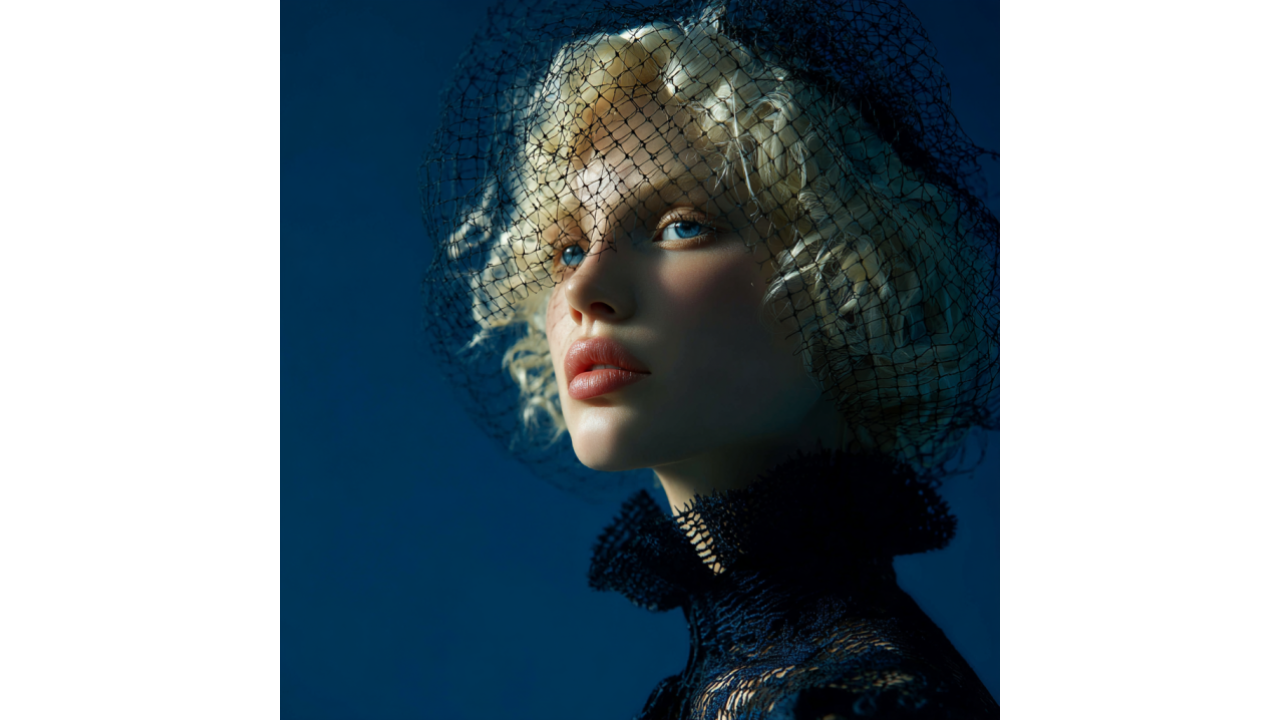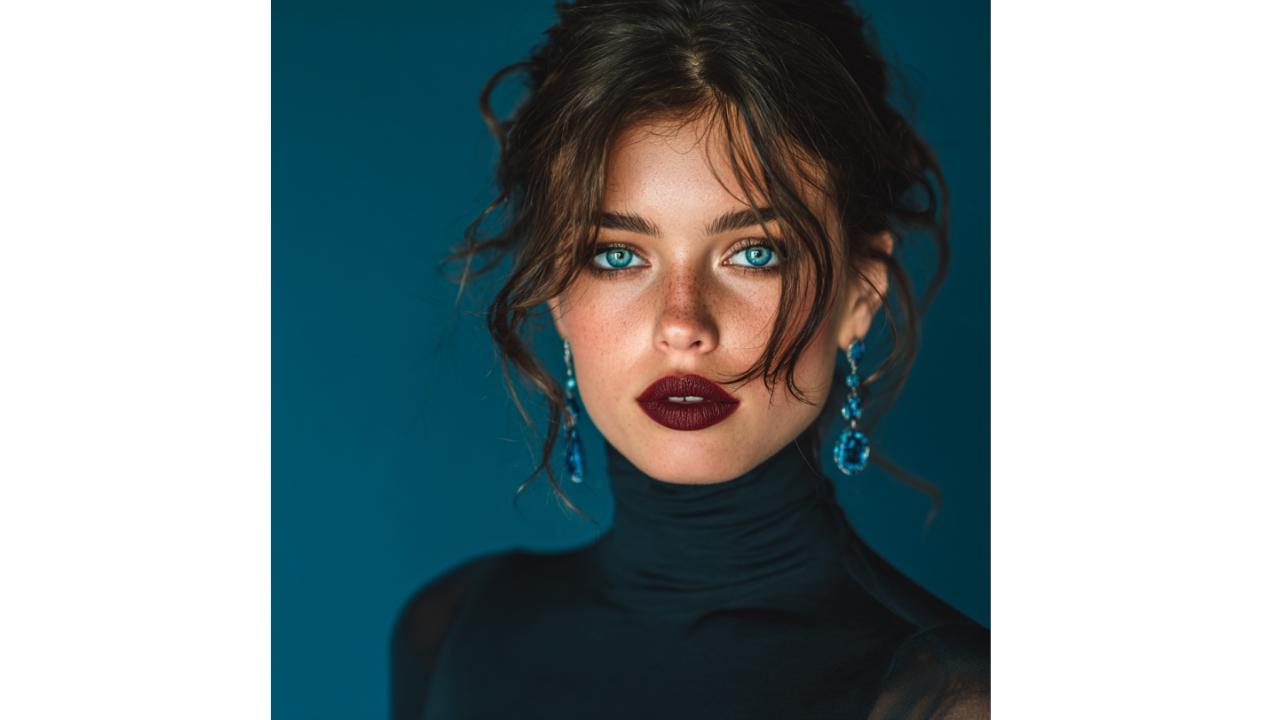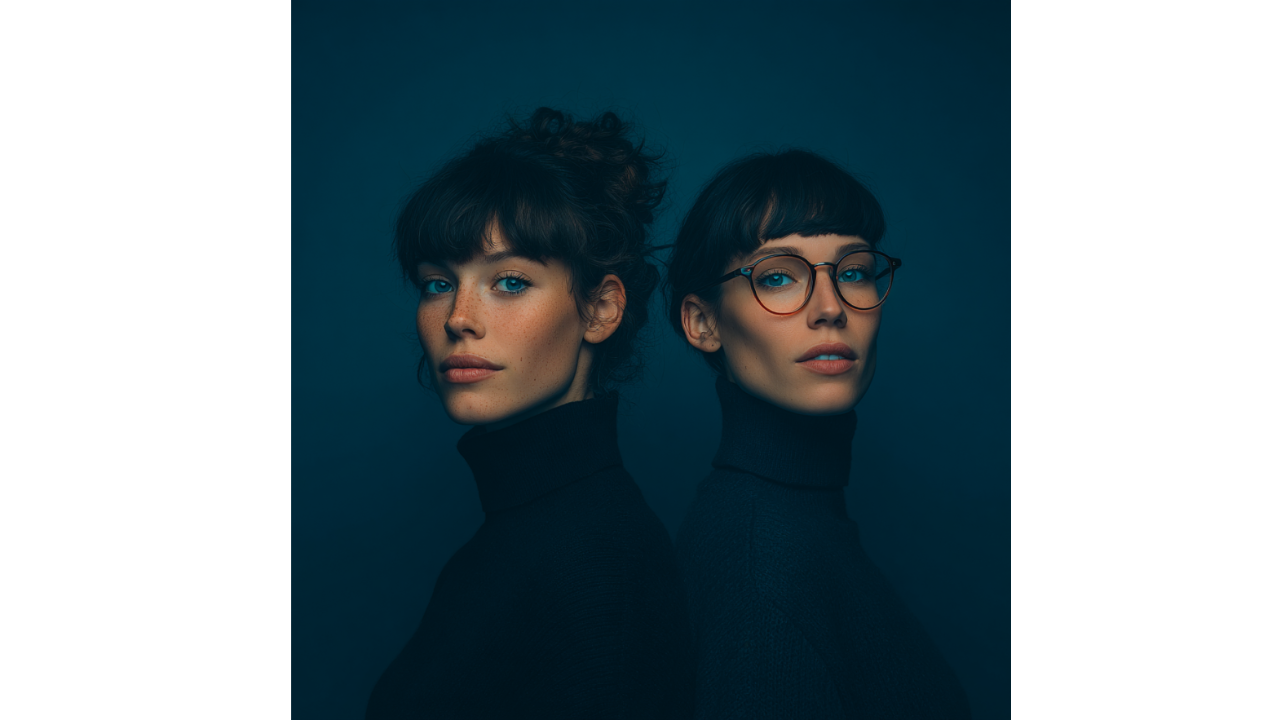Models Respond to Digital Twins and Vogue's AI Model
Vogue's latest issue featured something unsettling: a curvy blonde AI model in a light blue romper, hawking Guess products with the kind of perfected...
3 min read
 Writing Team
:
Jul 28, 2025 10:23:28 AM
Writing Team
:
Jul 28, 2025 10:23:28 AM

There's something beautifully dystopian about watching an industry built on aspiration systematically destroy its own foundation. Last week, Vogue's August issue featured a two-page Guess advertisement showcasing a flawless blonde AI-generated model, marking the first time an artificial human has graced the magazine's hallowed pages. The fine print—barely visible in the corner—revealed the model was "produced by Seraphinne Vallora on AI."
We're witnessing fashion's Instagram moment all over again, except this time we're not just filtering reality—we're replacing it entirely.
The numbers tell a story of an industry under siege. McKinsey projects that up to 25% of AI's potential in fashion will come from the creative side, while AI integration in fashion retail could result in a 40% reduction in inventory costs by 2024. The AI in fashion market itself is exploding—valued at $1.43 billion in 2023 and estimated to reach $28.48 billion by 2032.
But here's where it gets deliciously contradictory: Seraphinne Vallora, the company behind this digital blonde, charges "anywhere up to low six figures for a client like Guess" while simultaneously marketing their website as eliminating costs for "expensive set-ups, MUA artists, venue rentals, stage setting, photographers, travel expenses, hiring models."
So we're paying premium prices for... cutting costs? It's giving "artisanal automation"—and we're supposed to pretend this makes sense.
@aeyespybywinsome IDK @Vogue #aimodel
♬ original sound - AEyeSpy
50% of fashion executives see product discovery as the key use case for generative AI in 2025, yet here we are using it to create the most superficial possible application: pretty faces to sell clothes. It's like buying a Ferrari to deliver pizza—technically impressive, utterly wasteful.
The real tragedy isn't technological—it's cultural. Plus-size model Felicity Hayward called the move "lazy and cheap," and she's not wrong. This comes at a moment when 9 in 10 children and adolescents ages 10 to 17 are exposed to toxic beauty content on social media, with 1 in 2 saying it impacts their mental health.
Fashion spent decades fighting for diversity, inclusion, and body positivity. We celebrated when brands started featuring models of different sizes, ages, and ethnicities. Now we're literally creating perfect digital humans that never existed, never struggled, never represented anyone real. Studies show that 69-84% of women experience body dissatisfaction, desiring to be a lower weight than they currently are—and our solution is to create impossible digital standards?
It's particularly rich that Seraphinne Vallora admits they "have not yet created plus-size models, citing technological limitations." Apparently, AI can generate perfect bone structure and flawless skin, but curves? That's too complex for the algorithm. How convenient.
Critics argue that Vogue's acceptance of the ad gives it legitimacy, with former model Sinead Bovell noting the magazine is "seen as the supreme court of the fashion industry." This isn't just about one advertisement—it's about institutional endorsement of a future where human models become optional.
Notably, Guess's own social media doesn't carry any of these AI images, suggesting the brand doesn't want an active role in this campaign beyond paying for the Vogue placement. Even the client seems embarrassed by their own innovation.
The technology itself is suspect. Critics note that while it's easy to generate an AI image of a pretty lady, the products in the Vogue images are messy—you still need good photos of actual clothes. So we're generating fake humans to sell real products, adding complexity instead of removing it.
Fashion leaders polled in McKinsey's annual survey were pessimistic, with just 20% expecting improvements in consumer sentiment in 2025, while 39% see industry conditions worsening. Instead of addressing these fundamental challenges—overproduction, sustainability, worker conditions—we're investing in digital vanity projects.
The irony is crystalline: an industry panicking about authenticity is doubling down on artifice. 74% of customers report walking away from online purchases due to the volume of choice, yet we're adding AI models to an already oversaturated visual culture.
We're watching fashion's midlife crisis play out in real time. Instead of addressing core problems—creative stagnation, sustainability challenges, labor issues—brands are pursuing shiny distractions that feel innovative but solve nothing. It's the equivalent of getting a sports car instead of going to therapy.
The saddest part? 34% of fashion industry professionals already use generative AI for marketing and writing copy. We're not just replacing models—we're systematically automating away the human touch that made fashion compelling in the first place.
Fashion has always sold fantasy, but at least the fantasy was performed by real humans with real stories. Now we're selling CGI dreams generated by algorithms trained on existing beauty standards, creating a feedback loop of digital perfection that makes Instagram filters look revolutionary.
We used to critique fashion for using impossibly beautiful people. Now we're literally creating impossible people. Progress?
Ready to navigate AI's impact on your marketing without losing your soul? Our growth experts help brands harness technology while keeping authenticity at the center. Because the future belongs to companies smart enough to use AI as a tool, not a replacement for human creativity.

Vogue's latest issue featured something unsettling: a curvy blonde AI model in a light blue romper, hawking Guess products with the kind of perfected...

HeyGen's Avatar IV just accomplished something genuinely remarkable: they've created digital twins that are genuinely indistinguishable from their...

James Cameron just gave us the most deliciously hypocritical tech take of 2025, and honestly, we should probably thank him for the entertainment....